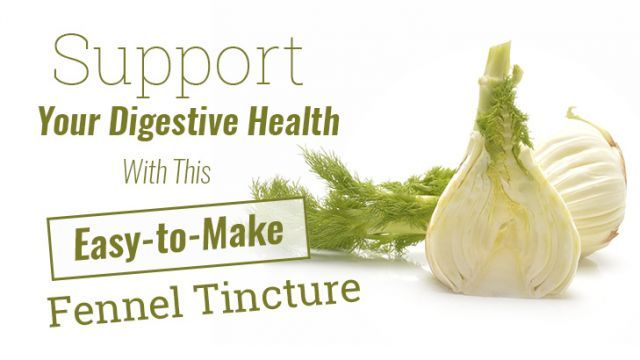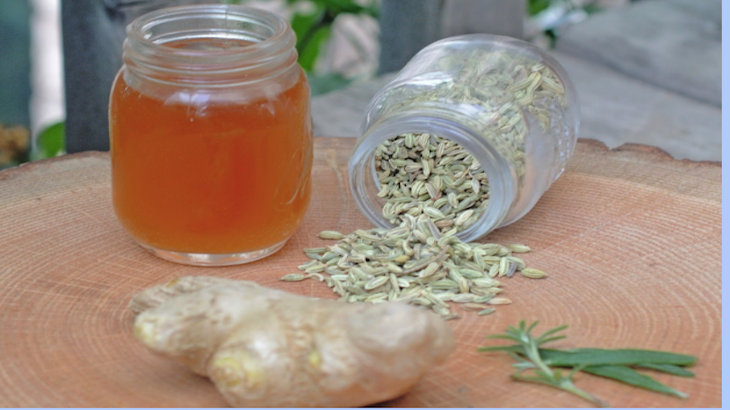
Fennel has a way of surprising you — when looking at a bulb of fennel, you’d think it would offer a light, crisp, earthy taste. Although you would expect a subtle flavor, this hardy plant packs a big licorice-like punch. Delicious in salads and soups, there’s a part of this plant that is much less obvious at first glance: the seeds.
Soothe your stomach with fennel and ginger
Fennel seeds are mentioned throughout history, often in terms of stomach-related conditions. Symbolizing courage, strength and longevity, fennel is used both for food and medicine. The seeds were utilized in Greek, Indian, Chinese and Egyptian civilizations for centuries, due to their range of beneficial properties.
Although you would expect this small, strong-smelling spice to be a seed, simply based on its name, they are actually the fruit of the fennel plant, dried in order to utilize its unique anise flavor. Constituents within these seeds are known to support gastrointestinal health, while relaxing smooth muscles and stimulating the flow of bile.
Article: Reduce Inflammation and 6 Other Reasons to Eat Fennel Seeds
As stated in a 2012 review, published in the International Journal of Food Science and Nutrition, digestion-enhancing plants tend to belong to one of three groups: bitter, pungent or aromatic. Throughout the research, fennel, peppermint, ginger and aniseed have all been identified as some of the most effective.
Fennel naturally acts as an anti-spasmodic agent within the colon, relieving involuntary muscle spasms. Not only can it reduce cramping and indigestion, but research also suggests that fennel offers preventative benefits against colon cancer. By removing carcinogens from the digestive tract, cancer risk is reduced and regularity is enhanced.
In addition to fennel, from motion sickness to pregnancy-related nausea, ginger is also highly effective when aiming to treat problematic digestive symptoms. Rosemary is another beneficial herb, targeting stomach and digestion issues, while detoxifying the liver and improving blood flow.

|
Make your own simple, yet effective fennel tincture
|
| Prep Time: |
| 2 weeks |
| Cook Time: |
| 10minutes |
| Total time: |
- 1/4 cup grated ginger (fresh)
- 1/4cup fennel seeds
- 2sprigs of rosemary
- 1cup of boiling water
- 1cup of vodka
- jar with airtight lid and eyedropper bottle for storage
- In an airtight jar, add your ginger, fennel and rosemary.
- Pour boiling water over the above ingredients so that they are just covered.
- Add the vodka, ideally filling the rest of the jar — the vodka acts as a solvent, allowing the fennel to release its medicinal properties. It will also expand the shelf life of the tincture. If you decide to use a less potent option, such as apple cider vinegar, you will create an extract not a tincture.
- Place the lid on tight.
- Store in a cool, dark place — your job is done.
- Although it will be ready and effective in two weeks, you can leave it as long as six weeks to reach a higher potency.
- Transfer to small brown bottles (with an eye dropper lid) — consuming 2-3 drops in times of need.
—Krista Hillis

